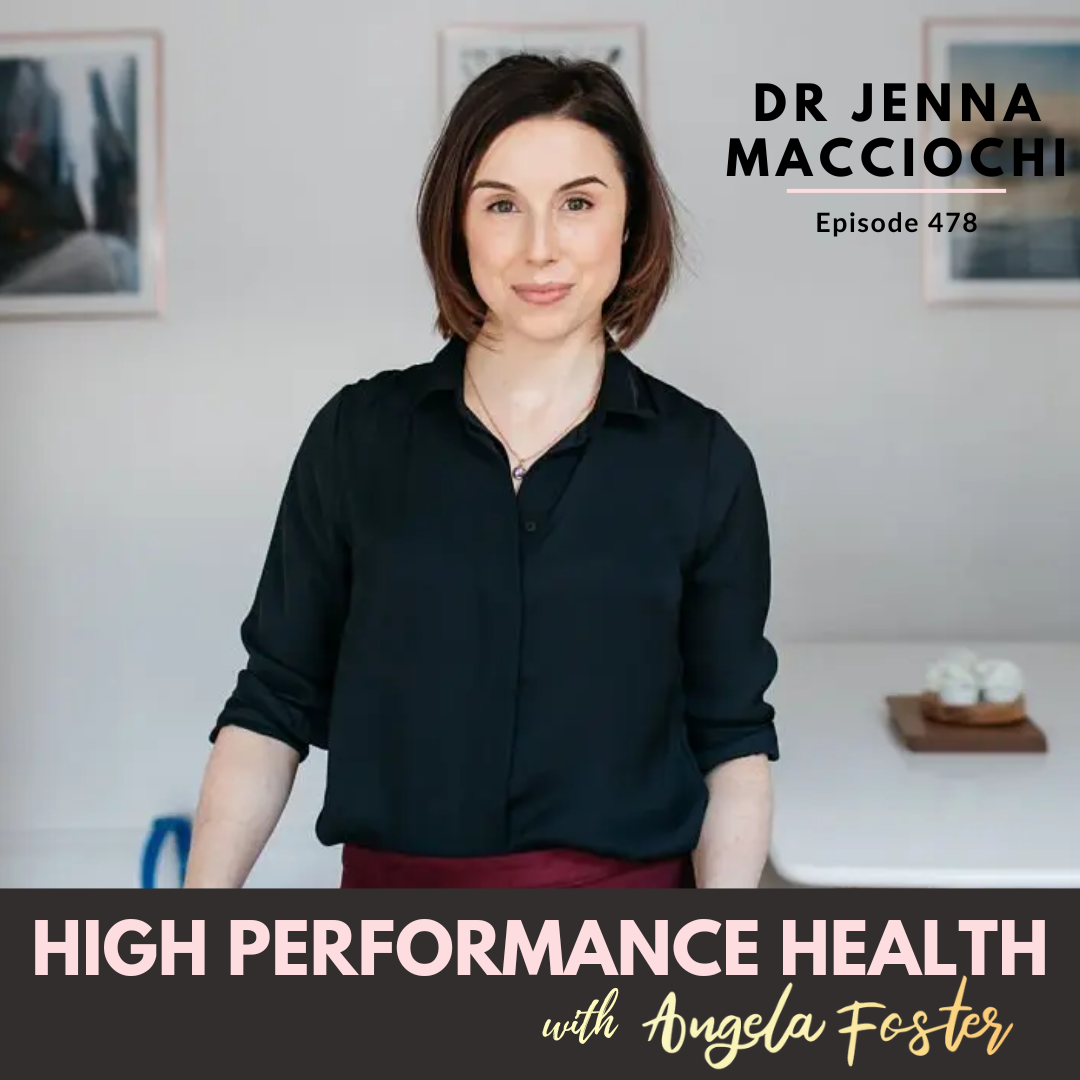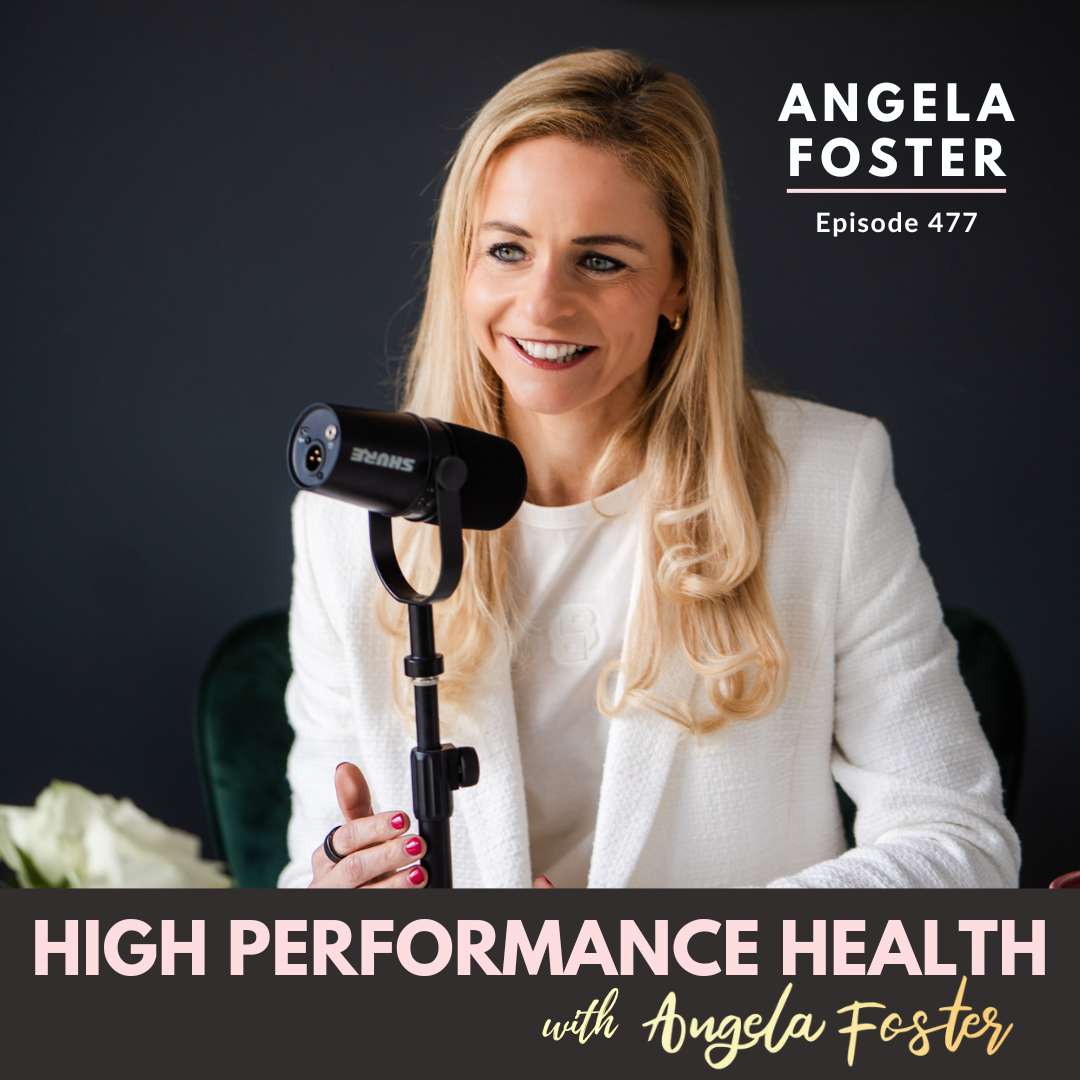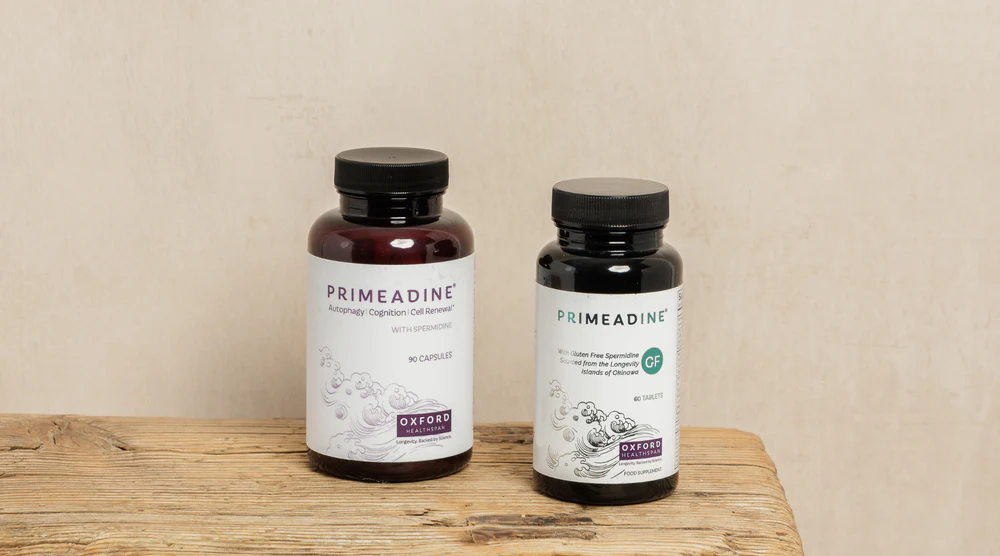Lumen: The Power of Metabolic Flexibility
Metabolic flexibility refers to the ability to burn carbs and fats on-demand and transition between the two. This helps you avoid being on that blood sugar rollercoaster ride where you experience fluctuating energy levels and weight gain.
In order to figure out my own metabolic flexibility and how to improve it, I’ve recently been using a device called Lumen. This device measures your metabolic function by analyzing your CO2 levels through expiration. In the app connected to the Lumen device, you can gain various insights, including when your body is using fat or carbs for energy based on what you eat or do during your day.
So, I wanted to take a bit more time to explore this topic further, as well as outline various ways you can improve your metabolic flexibility.
Why Should You Improve Your Metabolic Flexibility?
As I mentioned above, high metabolic flexibility helps avoid valleys and peaks when it comes to your blood sugar levels. As a result, you experience sustained energy and are less prone to weight gain, especially abdominal fat which comes with various health risks.
Essentially, you avoid huge spikes in insulin, which helps prevent the shuttling of glucose into your fat cells. And there are many ways to do this.
How to Improve Your Metabolic Flexibility
For improving your metabolic flexibility, you need to improve your insulin sensitivity and your mitochondrial (the powerhouses of the cell) density and quality. If you can, I highly recommend tracking your efforts by using the Lumen device combined with a glucose monitor, such as Veri.
Some ways to improve your metabolic flexibility include:
1. Exercise
More muscle mass means that glucose gets shunted into the muscle tissue as opposed to being stored as fat. This can be achieved through regular weight training. I noticed after weight training, my body needs more carbs, which indicates the depletion of muscle glycogen. However, because I have muscle mass, I quickly transitioned back into a fat-burning state.
Additionally, certain types of exercise improve the mitochondria. These include high-intensity training, such as sprints, swimming, or cycling. The most beneficial ratio seems to be 30 seconds of 110% effort, followed by four minutes of active recovery. At the same time, I don’t encourage this type of exercise for individuals struggling with chronic fatigue (if this is you, refer to the red light therapy section below).

2. Fasting
Fasting for 12-14 hours each day can help reduce insulin resistance and increase metabolic flexibility. For most of my clients, I recommend finishing their last meal about three hours before bed so that they can fast for this time overnight.
3. Cold Showers or Cold Exposure
Cold showers or cold exposure, such as ice baths or walking in the cold, increases brown fat which is rich in mitochondria. In fact, babies actually have a lot of brown fat. This can help your body and your cells use glucose better.
4. Red Light Therapy
Red light therapy is another great way to enhance mitochondrial health, which improves metabolic flexibility. It also doesn’t take up much time. I usually recommend five sessions a week for seven to eight minutes at a time.

5. Consuming Whole Foods
If you’re like me and you’re in your 40s, improving your metabolism and insulin sensitivity is so important during this time since these factors naturally start to decline at this age. This means you have to put a little more effort in. While muscle mass is an essential part of this, eating whole foods and minimizing refined sugars and processed foods further helps improve your insulin sensitivity and reduce stress on your whole system.
The Lumen device has definitely offered up various insights regarding my own metabolic flexibility, confirming a lot of what I already knew. It also further confirmed what I, personally, do to improve this and what I advise my clients to do. Using tools like this can help better navigate your own health and longevity journey, providing real data that you can monitor and ultimately, transform. Overall, metabolic flexibility is important if you want to get the most out of each and every day. It impacts your energy levels, your mood, your productivity, and your overall health. Thus, it’s worth looking into!
To get 10% off Lumen, click here and use coupon code ANGELA

Share Article
Subscribe to receive the latest health tips
Get my latest health, fitness, biohacking, anti-aging tips, and podcast episodes delivered straight to your inbox.
Recent Podcasts

EP 480 – Hot Flashes, Menopause Rage, Insomnia — And How to Advocate for Yourself in Perimenopause | Amy Alkon
In this bite-sized but powerful episode of High Performance Health, I sit down with the incredible Julie Gibson Clark—named one of the slowest-aging women alive—to talk about tuning into your body, spotting subtle hormone imbalances, and how a fibroid diagnosis challenged everything she thought she knew about her health.

EP 479 – Bitesize: What Every Woman Needs to Know About Toxins, Sleep & Energy | Catharine Arnston
In this bite-sized but powerful episode of High Performance Health, I sit down with the incredible Julie Gibson Clark—named one of the slowest-aging women alive—to talk about tuning into your body, spotting subtle hormone imbalances, and how a fibroid diagnosis challenged everything she thought she knew about her health.

EP 478 – Immune to Age: The Real Secret to Longevity Isn’t What You Think – with Dr Jenna Macciochi
In this bite-sized but powerful episode of High Performance Health, I sit down with the incredible Julie Gibson Clark—named one of the slowest-aging women alive—to talk about tuning into your body, spotting subtle hormone imbalances, and how a fibroid diagnosis challenged everything she thought she knew about her health.

EP 477 – Bitesize: Biohacking News: The Viral Honey Diet, CGMs, Marshmallows & Parenting – Angela’s Conversation with Tony Wrighton
In this bite-sized but powerful episode of High Performance Health, I sit down with the incredible Julie Gibson Clark—named one of the slowest-aging women alive—to talk about tuning into your body, spotting subtle hormone imbalances, and how a fibroid diagnosis challenged everything she thought she knew about her health.




















